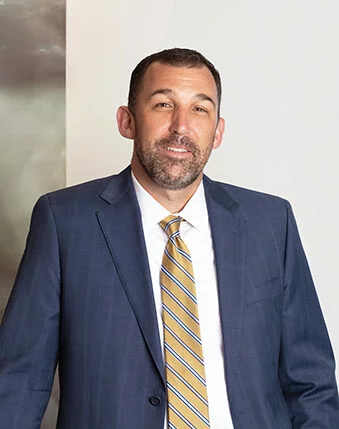Gislason & Hunter LLP attorney Cory Genelin, on behalf of a veterinary clinic, obtained a $1,498,375 verdict against the Animal Humane Society (AHS). On June 30, 2021, the jury found in favor of the clinic on all the elements of both breach of contract and unjust enrichment but assigned all damages under breach of contract in Martin County Case #46-CV-19-1224.
In June of 2018, AHS took ownership of 72 ponies and retained the services of the clinic to care for the ponies and hold them pending criminal investigation of their former owner. As often happens, the parties did not discuss in detail the cost of the clinic’s services or the exact services to be provided. The clinic regularly charges its clients $25.00 per day to keep a horse at its facility.
The clinic provided care, mostly focusing on repairing overgrown hooves. Because the hooves were severely overgrown and many of the ponies had congenitally deformed feet, this took special attention. Additionally, the ponies were not tame and many required sedation.
When AHS received the first month’s bill, it refused to pay any amount for boarding. They argued that the price was unreasonable, and that the criminal defendant—the ponies’ former owner—was liable for the bill. After two months of care and billing, AHS offered to move the ponies to another facility. The clinic insisted that it would not release the ponies until the bill was paid. After another month, AHS unilaterally declared that the clinic now owned the ponies.
The clinic—using another firm at the time—sued both AHS and the county conducting the criminal investigation. A few months into litigation, the clinic switched attorneys and retained Gislason & Hunter LLP.
Genelin’s litigation team was able to show that AHS had promised the criminal defendant that it would pay all ownership expenses of the ponies in exchange for the criminal defendant giving the society ownership, and that AHS then promised the clinic to pay all expenses.
Litigation focused on the reasonable value of the services rendered. AHS brought in an expert who testified that the reasonable value was less than .40 cents per horse per day. Genelin used this expert’s testimony and methods to the clinic’s advantage. The expert testified that she calculated feed costs by calling the clinic’s feed mill and asking the price of feed during the relevant times. AHS then countered that this price, combined with the clinic’s other wholesale input costs, was the reasonable value of the clinic’s services. Genelin successfully argued that the value of the clinic’s services could be proven by the same method used to determine the value of feed: just as the value of feed is the price that buyers are willing to pay, the value of boarding is the price that other customers are willing to pay; in this case, $25.00 per day.
“We are extremely pleased with this successful outcome,” said Genelin. “When a local industry leader—such as our client—places their trust in us, we put the full strength and knowledge base earned through a long history of serving the ag industry behind our litigation and are proud to bring them such significant results.”


